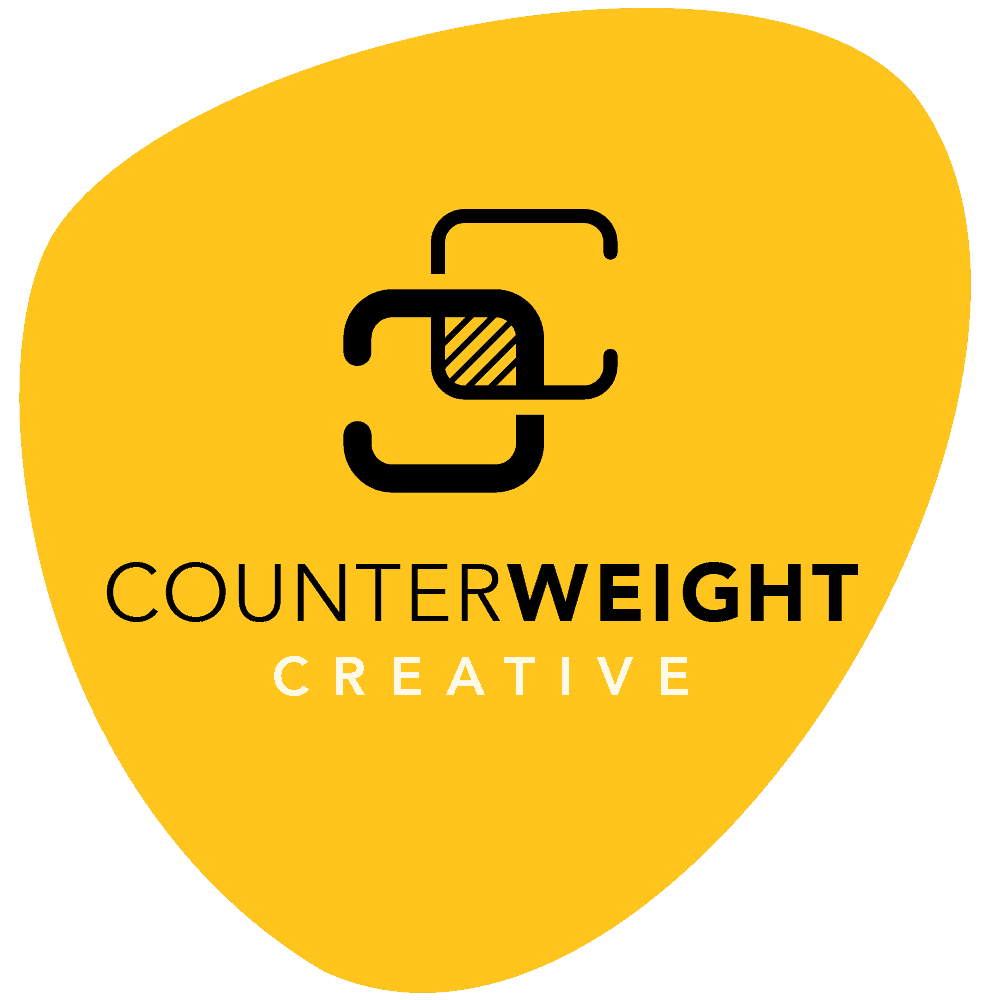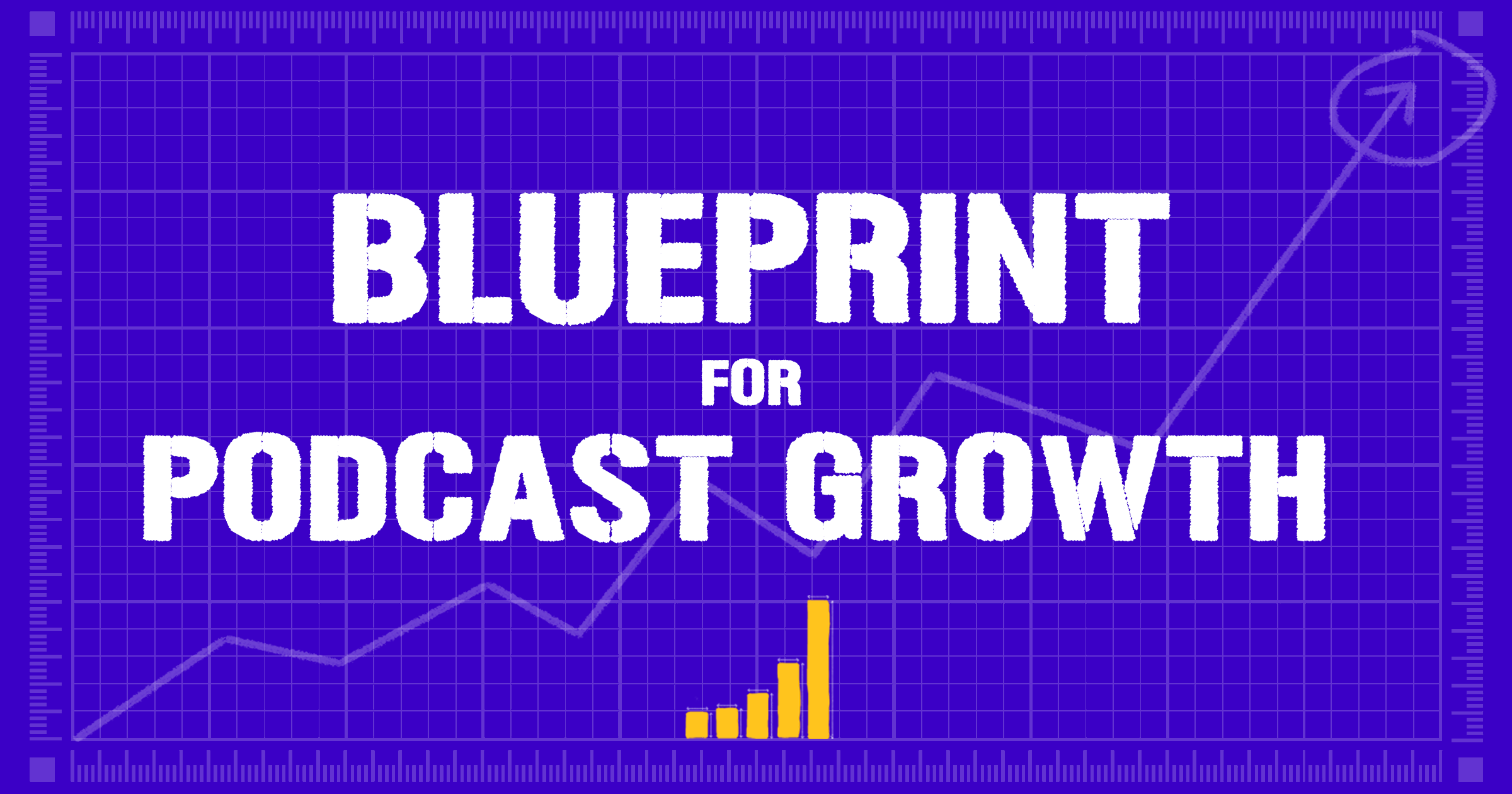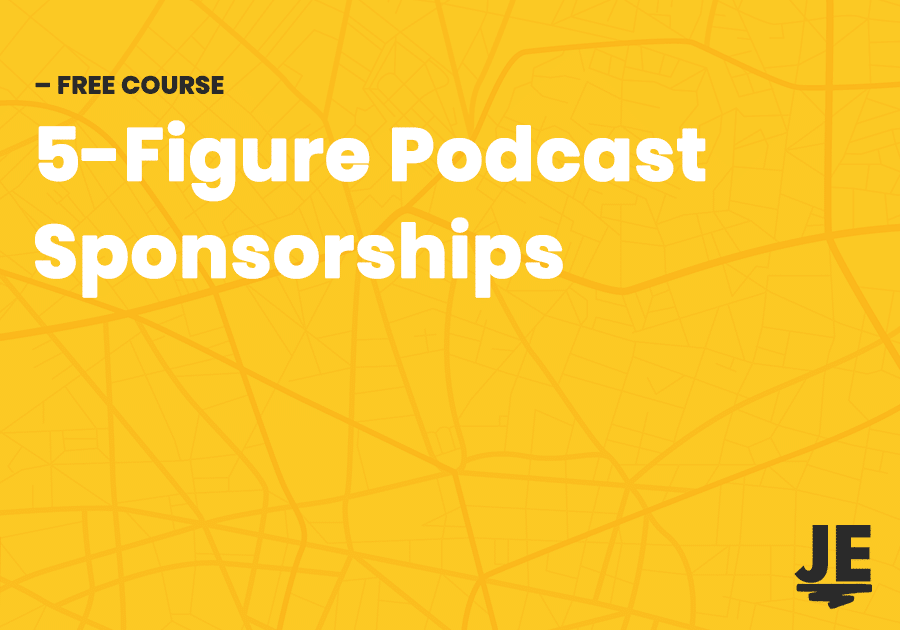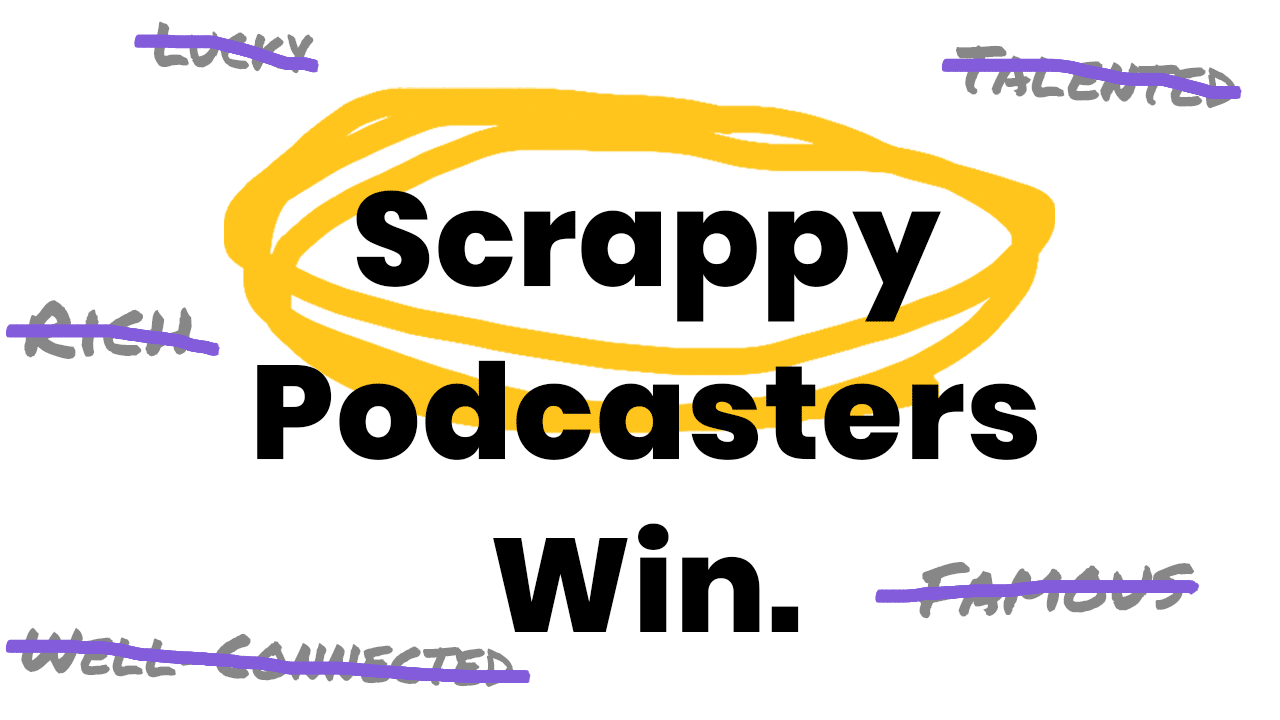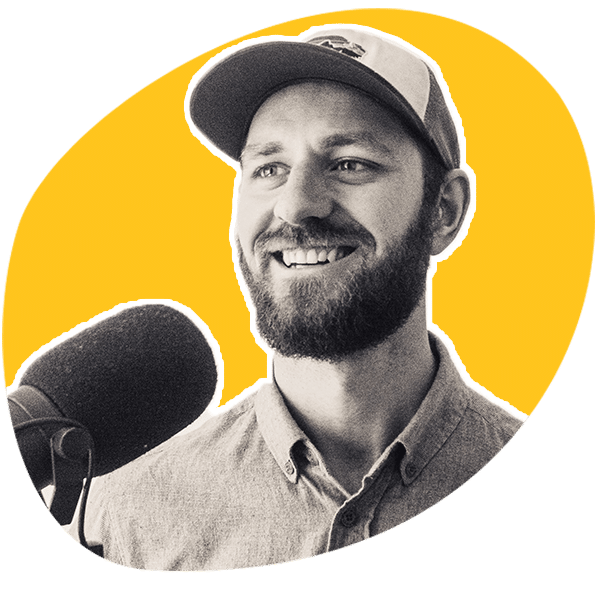Ok, so I know this is confusing, cuz I already wrote a whole other article about setting goals and targets and metrics and milestones for defining what success means for your podcast.
Today we’re going to dive a little bit deeper into that topic. Because while it’s completely necessary to have goals laid out, how are you actually supposed to structure your podcast to help you achieve those goals you’ve set for yourself. What role does your podcast serve in your overall business ecosystem?
Before we start digging into the specifics, we actually need to look at what you’re trying to achieve through the podcast. And in the context of this article there are two categories.
- You are hoping to monetize your podcast in some way at some point, or it’s an extension of your existing business
If this is you, buckle in, this article is essential for you. - Every other reason for having a podcast that does not include monetization in any way
This article isn’t for you, you’re free to go. Although if you’re a real keener you’re free to stick around. If you’re really, REALLY a keener, you could also choose to send me a box of chocolates, or better yet, ICE CREAM!!! Oh, yeah… I guess ice cream doesn’t mail that well… An ice cream gift card perhaps? Anyways…
Ok, so if you’re still reading this you’re either planning on monetizing your podcast at some point (or already are) or else you’re sending me ice cream and chocolates and are only reading because you’re hoping I’m going to drop a hint about my favourite flavour*.
* It’s walnut, but I’m not picky…
The Strength Of Podcasting
So before we get into how you should be viewing your podcasts as they fit into your existing businesses, or how you might best go about monetizing them from the ground up, let’s do a brief recap of the most important of the strengths and weaknesses of the podcasting medium. We covered the strengths and weaknesses more extensively in this article if you want to find out more about that.
Podcasting’s Defining Strength:
There’s really no question here, podcasts excel at fostering connection between you and your listeners. There’s something about the sound of a human voice that immediately more intimate than reading a blog, and if done well, podcasts offer maybe the best way to build the know, like (or even better, LOVE), and trust factor with your audience. This is essential if you want to monetize your podcast in any way, but especially if you’re hoping to sell products or services of your own at some point.*
* Spoilers: For most podcasters, this is what you should be working towards at some point.
Podcasting’s Defining Weakness:
Ok, so you love podcasts, I love podcasts, EVERYBODY FREAKING LOVES PODCASTS!!!
And while that may be true, they’re not without their drawbacks.
The most glaring of these is probably the difficulty of getting your listeners to engage with you. This necessarily has to happen on a separate platform from the podcast, something a blog is not necessarily hindered by*.
* Unfortunately, a blog still requires yet another platform to receive chocolates and ice cream…
This is a huge problem for those of us looking to monetize our shows in some way, because again, even if our listeners know us, love us, trust us, and are actually interested in some offering we’re providing, we still need to overcome the barrier of moving them over to another platform, and keeping them engaged as we do so.
Where Podcasters Get Monetization Wrong
So knowing these all-important strengths and weaknesses, we can see that podcasts are somehow simultaneously both amazing and terrible when it comes to monetizing a content stream.
The thing I see podcasters who are struggling to monetize their shows doing again and again is failing to view their podcast as part of a greater business ecosystem. So often the podcast is the only source of content production – which in itself is fine – but they also lack any backend support for the podcast.
Even if they do have a backend in the form of a website, often one of either the podcast or the website (or both) are not optimized to support their chosen monetization strategy.
And this brings us to…
The Role Of Your Podcast In Your Business
Before we dive into this, I just want to clarify one thing.
A podcast is not a business. It is a marketing arm of a broader business. It is the mouth or wide end of your funnel. It is how you build relationships with your audience. Your podcast can do amazing things as a part of your business and for your business, but by itself, it is not your business.
* The ONE case in which I MIGHT concede that a podcast itself is a business is if your show is solely supported by ads. And I think that strategy is dumb… Moving on…
One more thing.
Maybe you don’t like the word business. Maybe you don’t think of yourself as a business owner or entrepreneur.
Here’s the thing. If you want to monetize your podcast at any point, you absolutely need to think about what you’re doing as if it were a business (because it is), and approach it as such. The sooner you can accept and embrace this, the sooner you’re going to see results.
Now that we’ve got that out of the way, let’s get to how you should be setting up your podcast, and business to help achieve your monetization goals. I’ma make it real simple.
Above all else, your podcast should be optimized to move your listeners off of the podcast platform to somewhere easier to engage reciprocally with them (and market to them). Somewhere like, say, your website, and from there, your email list.
Check out this free download for some ideas on how to increase signups to your email list with a lead magnet.
Why You Should Want This
So some of you might be thinking something along the lines of, “But I put SO much work into my podcast! Why would I want to get them off of it??”
Cool your jets, yo.
We’re not sending them away for good. In fact, once we get them off of the podcast, part of our website and email strategy is going to be to keep them coming back to the podcast.
Confused yet?
Ok, let’s break down the master plan that we’re shooting for with our listeners:
- A new listener finds your podcast. This new listener is definitely picking up what you’re putting down. Yay!
- There is some hook in the episode that encourages them to mosey over to your website, maybe through a link in the iTunes description.
This could be some free offer you’re giving away to your listeners like an eBook, a cheat sheet filled with all the amazing info from the episode, or some other awesome value add you’ve dreamed up. - They find their way to your website and download your freebie in exchange for their email address.
- A world of interactive possibilities is opened up to you. Huzzah!
What types of interactive possibilities you ask? Try these on for size:
- Sending them email reminders about your latest episodes. Emails really do help increase download number and keep listeners coming back.
- Opening a line of communication that’s easier for them to engage with. Ie. “Hit reply to this email and let me know what you’d like to hear on the podcast next!”
- An easy way to send polls or questionnaires to your audience to find out more about them
- Segmenting listeners based on their interests
- Sending them offers for products you are selling or promoting that are easier to click through on than from a podcast.
- Increase your worth to advertisers if you’re willing to include ad space in your newsletters as well.
- Increased targeting capabilities for paid advertising
Keep in mind that while those final two points might sound immediately like the most attractive, I firmly believe that to get to them, the prior points, specifically regarding learning more about your audience are essential first steps.
Oh, and you know how I mentioned that once you’ve got your listeners to your website and email list, you can use those platforms to circle them back to your podcast?
Well while those two platforms excel in some of the areas that podcasting falls short in – namely reciprocal conversation and encouraging click-throughs on offers – we still want to utilize our podcasts for what they excel at: connecting with our listeners in an intimate manner, building a relationship with them, and continuing to deliver content they find valuable in a medium that suits us.
Time To Optimize
You’re with me so far right?
If so, we’ve agreed that your podcast is best utilized as the mouth of our funnel, delivering content to a wide swath of people interested in your niche, drawing as many of them as possible back to your website and from there, your email list.
To make this monetization scheme work however, both our podcast and our website need to work together, and each has to be optimized to lead our listeners toward our desired end goal.
That goal could be very different for different podcasters. You might be ultimately striving to have a portion of your listeners hire you for whatever service you provide, buy your digital or physical products, click through and purchase products you’re an affiliate for, click through on your sponsors links, or fawn over the photos of your toned physique you have up on your website*.
* I’ll admit, it’s a strange goal, but all the power to you.
Whatever the ultimate goal, it’s likely there are many intermediary steps in between a listener first discovering your podcast and them taking the final desired action, possibly dozens of them.
It’s beyond the scope of this article to go into how you should have your sales funnel laid out, but at the very least you should be approaching your podcast, and every other aspect of your business with a clear idea of the journey you’re leading your listeners on.
This means that you should be able to answer definitely why your podcast, website, email newsletter, Facebook posts, Tweets, Instagram posts, paid ads, and anything else you’re producing exists, and where it fits into the larger funnel.
I know. It’s a lot. But if you’re serious about your podcast, you need to at least start thinking about where you’re leading your listeners, and approaching everything you do as working together in unison to lead your listeners towards that destination.
After that, it’s time to start building out your funnel one small step at a time.
I’d love to hear what your ultimate goal is for you podcast and what you think the next steps might be to getting them. If you’re new to the concept of a funnel, what scares you about it? Let me know in the comments and let’s crush those fear gremlins 😉
Oh, and don’t forget to pick up the PDF of my 20 favorite high converting podcast lead magnets below!
[mailerlite_form form_id=2]
- Why Wouldn’t They Just Google It? - March 14, 2021
- Before You Can Market Your Podcast, You Need To Create A Marketable Podcast - March 11, 2021
- Podcast Promotion & Marketing Are Different (Here’s How to Use Each Effectively) - March 10, 2021
